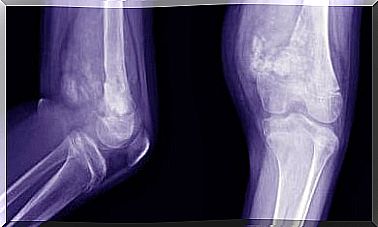How The Immune System Can Fight Cancer
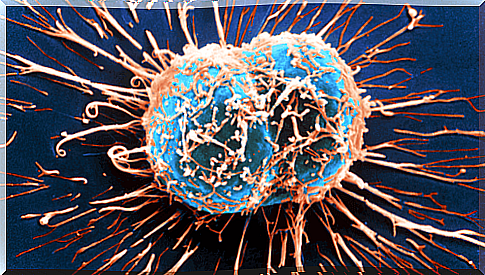
The immune system is a complex defense system whose primary function is to protect the body from external substances. It is therefore important that it can distinguish its own components from the external ones. This is how the immune system can fight cancer.
Likewise, the immune system is also able to identify and fight its own cellular components. This happens when these components are abnormal. This is the case with cancer cells, which are different from normal cells.
It is important to understand that in all types of cancer, the disease process consists of some cells in the body that divide uncontrollably and spread to surrounding tissues. Cancer is a dangerous disease, which is why it is very important to get professional help to fight it properly.
The immune system can fight cancer
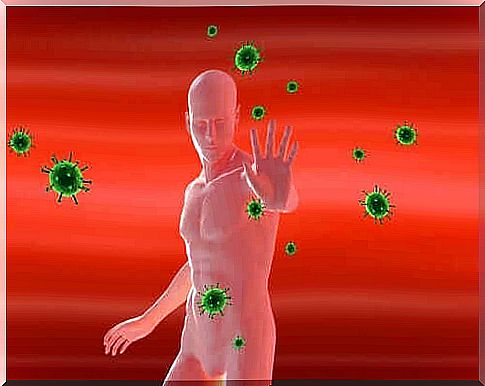
In addition to recognizing and fighting cancer cells , the immune system also has other ways to prevent their occurrence.
- It protects the body from viral infections that can lead to the appearance of tumors. For example, this is the case with human papillomavirus (HPV). It also fights others with great mutagenic potential, meaning that their interaction can alter the genetic material in cells.
- It struggles by eliminating external pathogens. When there is an infection, the body responds by developing inflammation around it. This swelling should be resolved effectively because in some cases the environment can lead to the development of tumors.
- It identifies and kills cancer cells. It does this through specific markers.
Surface antigen
But how does the immune system recognize cancer cells? The answer lies in some surface proteins, which are present in all cells. They are called surface antigens.
Surface antigens on cancer cells are different from those on normal cells. The cells of the immune system thus recognize these antigens and detect when they correspond to a mutated cell.
The immune cells that are able to perform that task of recognition are T lymphocytes. These cells have a number of receptors that detect surface antigens.
The immune system can fight cancer: The immune cycle
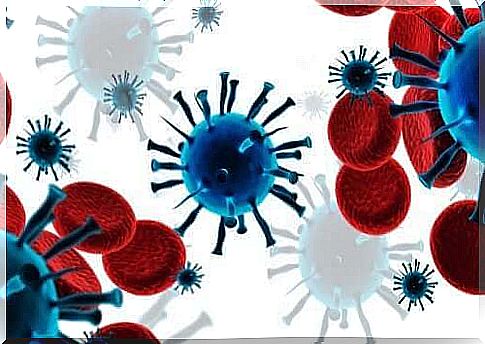
The immune system’s response to cancer begins with the recognition of mutated cells, thanks to the aforementioned surface antigens. These antigens are examined by T lymphocytes present in lymph nodes.
After that, T lymphocytes undergo a series of changes and are then activated. It gives them the ability to travel to blood vessels. Through them, T lymphocytes reach the tumor controlled by concentration gradients of specific signaling molecules.
When they reach the area of the tumor, the T lymphocytes infiltrate the said area in order to attack. Here, they recognize the cancer cells, which have certain proteins on their surface, and go on to destroy them.
They do this by stimulating another set of cells in the immune system. These are, for example, macrophages.
Escape mechanisms in cancer cells
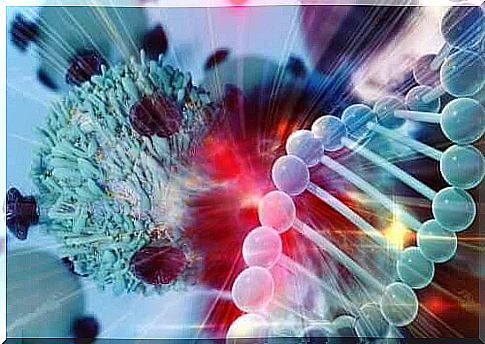
The reason for the development of cancer despite the action of the immune system is that some cancer cells have accumulated so many mutations that they have mechanisms to prevent the action of the immune system.
These mechanisms allow the cancer cells to hide from the immune system. For example, they store the surface antigens that can be recognized by the immune system.
In these cases, the immune system can fight back thanks to macrophages. These cells are able to detect when a cell has lost its own surface antigens. They thus recognize it as foreign and eliminate it.
Another mechanism that cancer cells can use to avoid the action of the immune system is by producing chemical messengers with inhibitory effect on the immune cells. They thus create immunosuppression around the tumor. It promotes the survival of cancer cells.
For these reasons, the primary goal of immunotherapy is precisely to help the immune system fight abnormal cells. It can be achieved with adjunctive therapy, which uses antibodies directed against cancer cells to promote their elimination.







